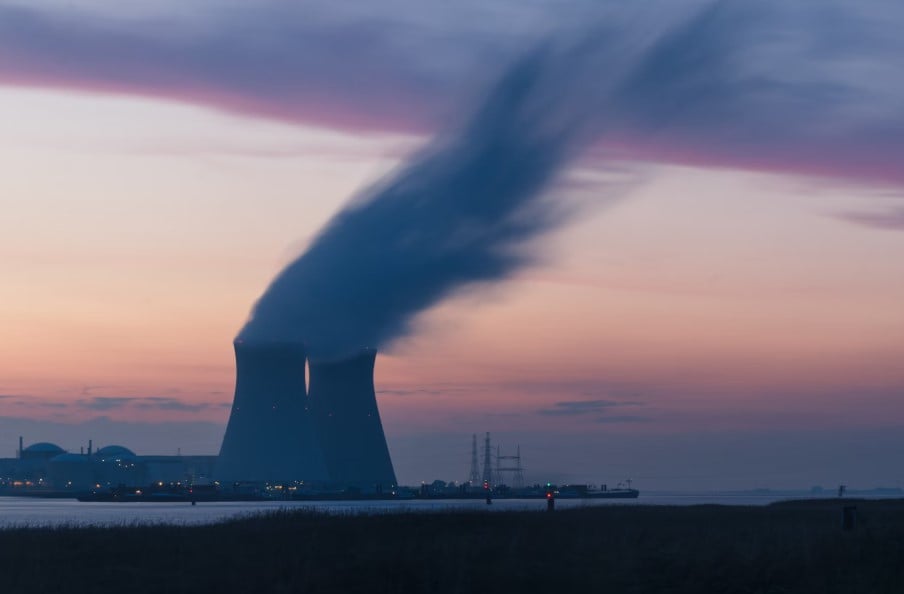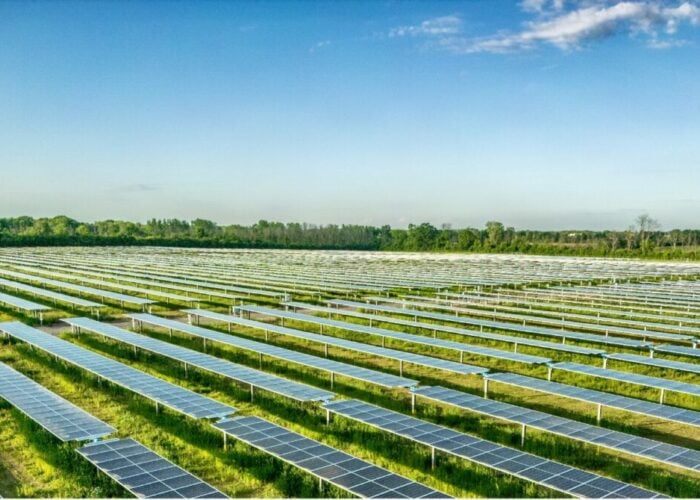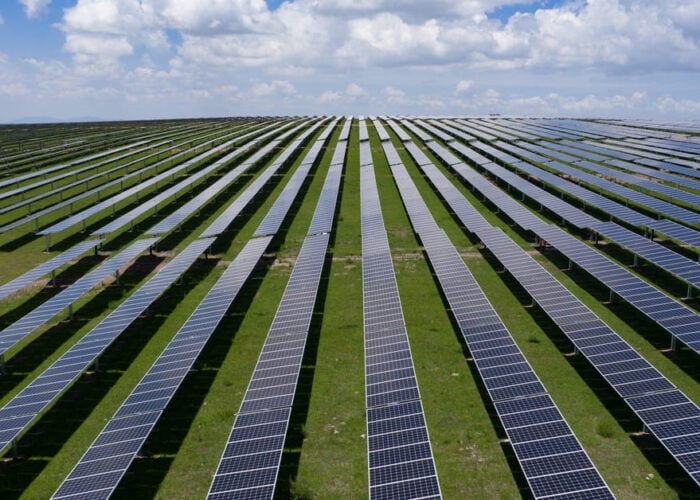
Oil and gas giant BP has announced plans to divest its interests in the solar PV developer Lightsource bp as part of a shift away from renewable energy.
In an announcement accompanying its “reset” – which will see it reduce its renewable energy spending and increase its focus on oil and gas production – bp said it would bring a “partner” into Lightsource to generate cash to strengthen its balance sheet.
Try Premium for just $1
- Full premium access for the first month at only $1
- Converts to an annual rate after 30 days unless cancelled
- Cancel anytime during the trial period
Premium Benefits
- Expert industry analysis and interviews
- Digital access to PV Tech Power journal
- Exclusive event discounts
Or get the full Premium subscription right away
Or continue reading this article for free
The fossil fuel major announced yesterday that it would reduce its renewable energy spending by US$5 billion a year, to between US$1.5 billion and US$2 billion, and expand its oil and gas production spending by US$10 billion a year.
BP took full ownership of Lightsource bp in October, when it acquired the 50% stake it did not previously own. It said at the time it was seeking a “strategic partner” to join the business.
Murray Auchincloss, CEO of BP, said: “We will grow upstream investment and production to allow us to produce high-margin energy for years to come. And we will be very selective in our investment in the transition, including through innovative capital-light platforms. This is a reset BP, with an unwavering focus on growing long-term shareholder value.”
Reports have said that the move was the result of pressure from shareholders in the company, specifically US hedge fund Elliott Management. The company will reduce its capital expenditure by between US$1 billion – US$3 billion through 2027, with a view to improving its balance sheet and satisfying shareholder demand for profits.
‘shareholder pressure’
In comments to PV Tech, Beth Walker, senior policy advisor at climate think tank E3G said that BP’s retreat from renewable energy is a short-term fix to a long-term problem.
“BP is responding to short-term shareholder pressure to maximise profits today,” Walker said. “This is a last-ditch attempt to cash in while they can rather than responding to an energy transition that is already underway.
“It does show that European companies are struggling to diversify and become clean, but unless they consider the medium to long-term economic risks, they will become obsolete. Shell’s profits are falling even with its focus on oil because of weaker oil prices and global demand.”
Indeed, Shell’s Q4 2024 revenues fell by around 15% sequentially; its renewable energy investments have also fallen over the last three years.
Walker also said that oil giants – even if they were all to follow suit with BP – would have limited impact on the global energy transition.
“This won’t stop the growth in clean energy globally,” she said. “Oil majors don’t contribute significantly to clean energy investment – most companies have been watching the energy transition from the sidelines. The IEA estimates that oil and gas companies made up less than 4% of global capital investment on clean energy in 2023.”
It is possible that other major energy companies will make similar u-turns to BP. Two reports from October last year—by the IEA and Norwegian consultancy DNV—pointed to “significant” global and geopolitical headwinds facing the broader energy transition, as international attention is diverted by conflicts, political upheaval, and the ripple effects of economic shocks.
These shocks have the potential to push corporations and governments back towards traditional fuels and known markets, rather than investing in the long-term energy transition.
Legal challenges
BP’s retreat from energy transition technologies could ultimately face legal and regulatory challenges, according to law firm Birketts.
“BP’s decision to shift focus from green energy to oil and gas production could have several legal and regulatory implications,” said Vicki Chilton, partner in the energy & infrastructure team at Birketts.
“The company may face increased scrutiny from environmental groups and governments concerned about its environmental impact. This scrutiny could lead to potential legal challenges and regulatory pressures aimed at ensuring BP meets its climate commitments.
“Additionally, BP’s reversal on its energy transition commitments might attract regulatory attention, especially if it conflicts with national and international climate goals. The UK government and regulatory bodies like Ofgem are dedicated to achieving renewable energy targets, and any significant deviation by major players like BP could prompt regulatory responses to ensure progress towards these goals.”
EU countries also have individual and collective renewable energy deployment commitments.
She concluded: “Overall, while BP’s decision is driven by investor pressure and financial considerations, it is likely to face legal and regulatory challenges as it navigates the complex landscape of energy transition and climate commitments.”






